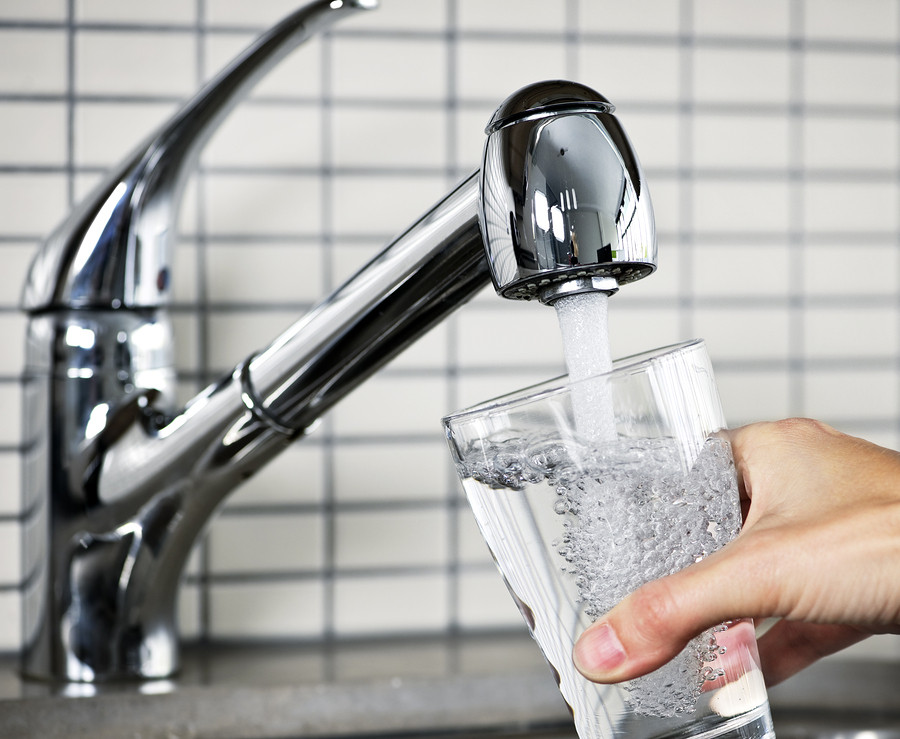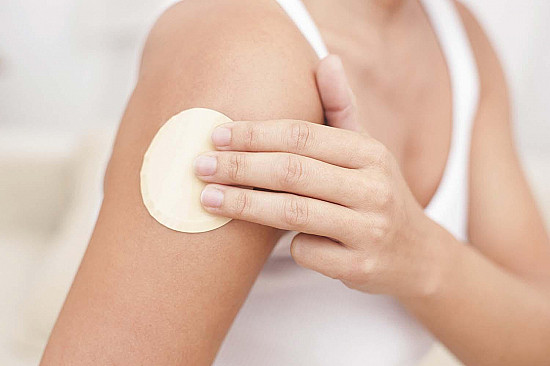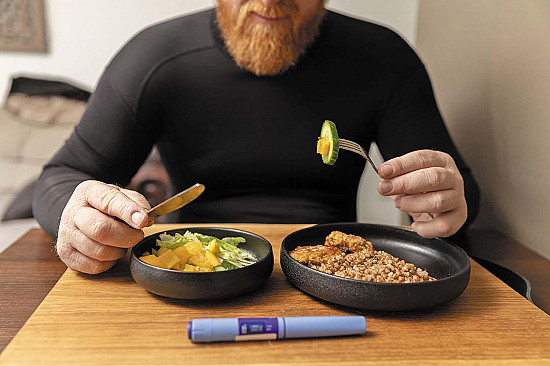The big benefits of plain water

ARCHIVED CONTENT: As a service to our readers, Harvard Health Publishing provides access to our library of archived content. Please note the date each article was posted or last reviewed. No content on this site, regardless of date, should ever be used as a substitute for direct medical advice from your doctor or other qualified clinician.
Follow me at @mallikamarshall
“Water, water, every where, nor any drop to drink.” Unlike Samuel Taylor Coleridge’s Ancient Mariner, who was surrounded by undrinkable salt water, most Americans have an unlimited supply of clean water to quench our thirsts.
Yet many of us turn a blind eye to it and instead reach for other beverages throughout the day, like sodas, juices, coffee, and tea, despite warnings from health experts over recent years about the added calories in sweetened beverages and the health benefits of plain water.
Now a recent study in the Journal of Human Nutrition and Dietetics provides even more evidence that we should choose water over other drinks if we want to control our weight. For the study, researchers from the University of Illinois looked at data on the eating (and drinking) habits of 18,311 adults as recorded in the National Health and Nutrition Examination Survey between 2005 and 2012.
Survey participants were asked to recall their dietary intake over two separate days. They reported their consumption of plain water (which included tap water, water from fountains and water coolers, and bottled water) as well as their consumption of other beverages like soda, fruit drinks, energy drinks, sports drinks, and sweetened bottled waters. Participants were also questioned about their intake of “energy-dense, nutrient-poor” foods, like cookies, ice cream, chips, and pastries.
On average, participants drank 4.2 cups of plain water a day and took in 2,157 calories. About 125 of those calories came from sweetened beverages, and about 432 calories came from energy-dense, nutrient-poor foods.
The researchers found that the participants who drank the most plain water in their daily diet consumed fewer total calories, drank fewer sweetened beverages, and took in less total fat, saturated fat, sugar, salt, and cholesterol. In fact, they discovered that increasing plain water consumption by one to three cups a day could decrease calorie intake by 68 to 205 calories a day. That could add up to a lot fewer calories over time — and result in significant weight loss.
These results support prior research on this topic, which has shown that drinking water before meals and that substituting water for sweetened beverages can cut down on calorie intake and improve weight control. That means people interested in losing weight and improving their overall health could benefit from incorporating more plain water into their daily diet.
So next time you’re thirsty, instead of ignoring your kitchen sink at home or the bubbler at work, take a moment to savor the one drink that’s free, refreshing, and actually good for us: plain old water.
About the Author

Mallika Marshall, MD, Contributing Editor
Disclaimer:
As a service to our readers, Harvard Health Publishing provides access to our library of archived content. Please note the date of last review or update on all articles.
No content on this site, regardless of date, should ever be used as a substitute for direct medical advice from your doctor or other qualified clinician.















